A luxurious, active listening success.
“Discreet Music” (1975) filled the first side of the album of the same name on Brian Eno’s short-lived Obscure Records label. A creative paradigm shift, the work is a North Star for navigating both Eno’s biography and the history of the studio-as-instrument, if not of instrumental music as a whole. This first experiment in generative music and quiet invention of ambient (though he didn’t coin the term until several years later), it approached composition as writing music that was as easy to ignore as it was interesting. Inspiration sprang from several sources, including Erik Satie (music for the background of everyday life), tape loop experiments with Robert Fripp and a gift from a visitor during a period of enforced bed rest.
The execution sounds simple enough: after recording brief, melodic fragments on synthesizer, Eno ran them through an equalizer, through an echo chamber and onto his reel-to-reel. The output of a second tape is fed back into the first machine, which records the repeating, overlapping fragments. Simple maybe, but mesmerizing and thrillingly alien both then and forty years later.
While Philip Glass more famously arranged Eno and David Bowie’s “Heroes” and Low for full symphony orchestra, legendary New York collective Bang on a Can has been the greatest champion of Eno as major contemporary composer. Its gentle rendition of Music for Airports elegantly captured the sparse beauty of Eno’s landmark piece, and Icebreaker and pedal steel player BJ Cole performed wonders with Apollo.
Founded and led by percussionist Jerry Pergolesi (on vibraphone here), nine-piece Toronto ensemble Contact executes a layered and sensual Discreet Music, like Apollo also released by Bang on a Can’s house label Cantaloupe Music. While Eno set strict parameters in order to allow the music to compose itself, as it were, Pergolesi gave his colleagues some leeway to play what they wanted when they felt the moment was right—within the constraints of the arrangement, of course.
The original has a certain mechanical, chill up your spine feel to it, a very positive part of the experience; Contact has chosen to warm it up with the prominent bottom supplied by Mary-Katherine Finch’ cello. The skylarking of Emma Zoe Elkinson´s flute carries the leitmotif across the full sixty minutes (double the length of Eno’s original recording), though as instructed, different players (violin, piano, very discreet soprano saxophone) rise in prominence when the spirit calls. And where Bang on a Can cleverly transcribed the tape hiss of Music for Airports, Rob Macdonald’s electric guitar serves to imitate the slightly rough, analogue texture of Eno’s looping, re-taping machines.
Contact’s cozier Discreet Music is a luxurious, active listening success.
Discreet Music is available on Cantaloupe Music.








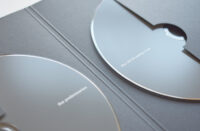
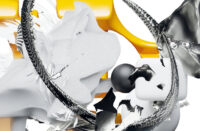

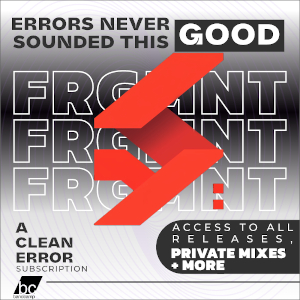
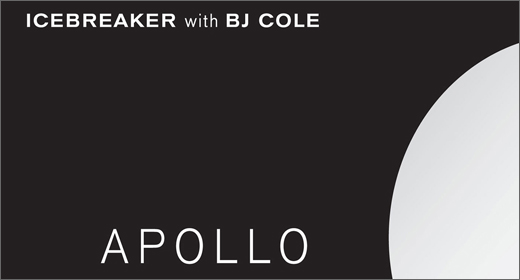

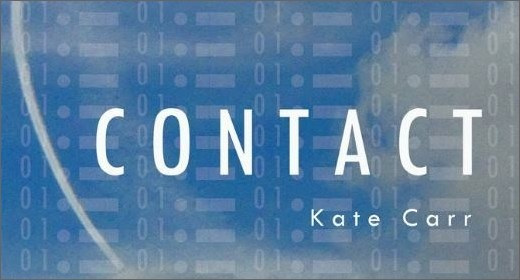
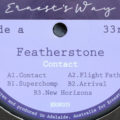


![Pole :: Tempus Remixes (Mute) — [concise]](https://igloomag.com/wp/wp-content/uploads/2025/04/pole-tempus-remixes_feat-75x75.jpg)






![Hasbeen :: Bunker Symphonies II (Clean Error) — [concise]](https://igloomag.com/wp/wp-content/uploads/2025/04/hasbeen-bunker-symphonies-ii_feat-75x75.jpg)
